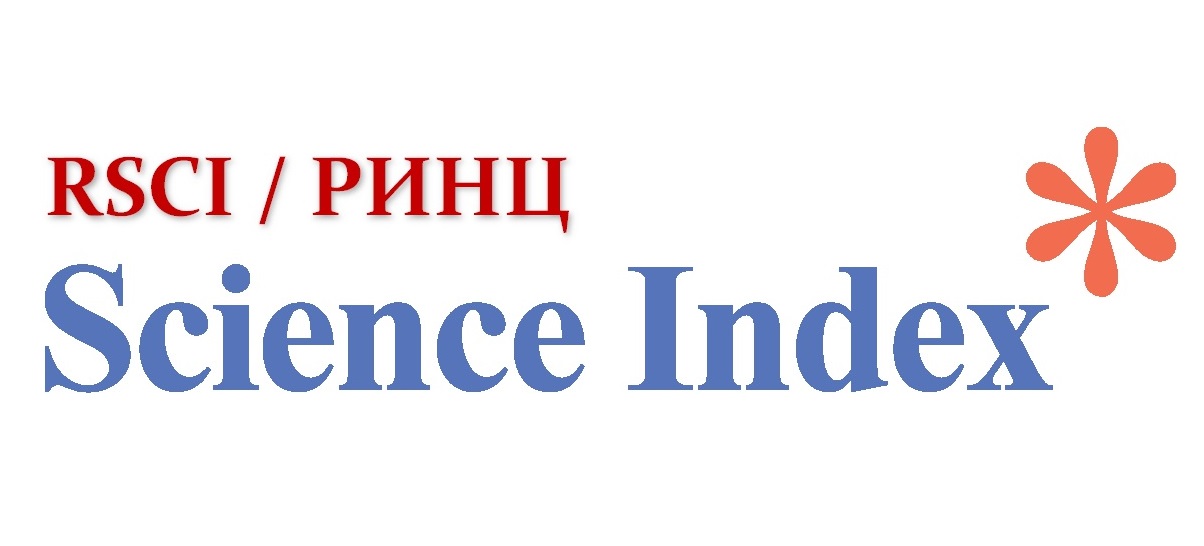Development of rural tourism in Kazakhstan as a priority direction for diversification of agribusiness
Views: 280 / PDF downloads: 314
DOI:
https://doi.org/10.32523/2789-4320-2024-1-381-403Keywords:
Agricultural sector, diversification, rural tourism, efficiency assessment, rural areas, agricultural policy, economic organismAbstract
The agricultural sector of any national economy primarily solves the problems of its sustainability in the dynamically changing conditions of market relations. In this regard, it is logical that the state is the guarantor of the consistent implementation of the tasks of economic regulation, and conscious and purposeful coordination of the processes of market transformations in the agricultural sector. Agriculture in Kazakhstan, being one of the key sectors of the country's economy, is no exception in this regard, having considerable development potential for the implementation of diversification processes in the agricultural sector of the economy [1].
In connection with the above, development of rural tourism, the potential of which is huge, can be an effective solution to diversify the national economy. However, in Kazakhstan, this direction of tourism is only at the earliest stage of its development and is not practically implemented. Although the promotion of rural tourism contributes to improving rural infrastructure, improving living standards and, finally, preserving and promoting cultural heritage, traditions and crafts, which is important for preserving the unique identity of the region.
This article examines the process of diversification in agricultural enterprises and will make an attempt to assess its effectiveness in the development of rural tourism.
Downloads
Downloads
Published
How to Cite
Issue
Section
License
Copyright (c) 2024 А. Бердибекова, Б. Айнаканова, Л. Муталиева

This work is licensed under a Creative Commons Attribution-NonCommercial 4.0 International License.






